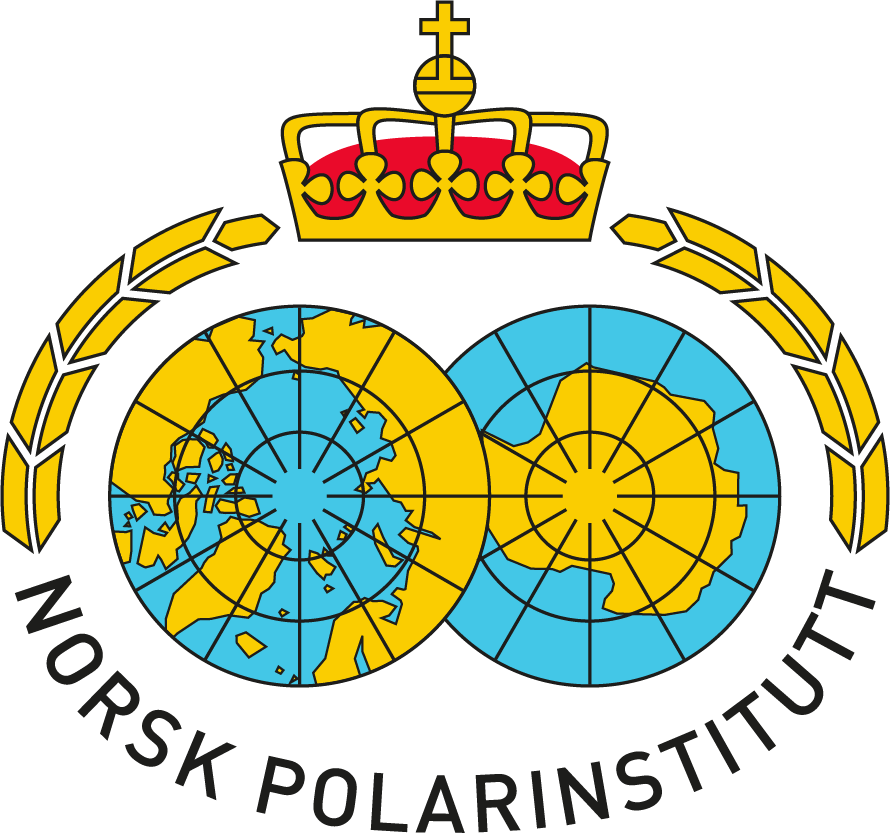| 11:00–11:05 | Welcome and introduction |
| 11:05–11:35 | Presentation of the new SCAR Strategic Plan, SCAR President Dr Yeadong Kim (KOPRI) |
| 11:35–11:45 | Presentation of SCARs group activities including ECR fellowships, Dr Chandrika Nath, SCAR Executive Director |
| 11:45–11:55 | Reflections on the new SCAR strategy by the Norwegian SCAR delegate Ole Arve Misund (NPI) |
| 11:55–12:05 | Information from the Norwegian Polar Institute |
| 12:05 | Paralle sesions for SCAR working groups Physical Science and Geoscience (see below for more details). |
Abstract SCAR Strategic Plan 2023–2028 Presentation
Every five years, SCAR updates its strategic plan to adapt to the changing environment within which it operates. SCAR has achieved significant milestones with its previous strategic plans, such as providing scientific advice through lectures and papers to the Antarctic Treaty Consultative Parties, developing research priorities through the Antarctic and Southern Ocean Science Horizon Scan, leading international field campaigns and coordinated initiatives such as the Southern Ocean Observing System (SOOS) and the Integrating Climate and Ecosystem Dynamics in the Southern Ocean (ICED) and more.
The new plan for 2023-2028, “Urgent Messages from the South: Antarctic and Southern Ocean Science and Policy,” along with SCAR’s climate-focused Scientific Research Programmes (SRPs) launched in 2021 and the “Antarctic Climate Change and the Environment: A Decadal Synopsis and Recommendations for Action” (ACCE Update) published in 2022, will serve as the three main pillars of SCAR’s climate research for the next five years.
SCAR also values and sees a need for capacity building of its members. Through various efforts including the SCAR Fellowships and the SCAR Visiting Scholar Scheme, SCAR continues to encourage exchange of personnel and international cooperation with a focus on early career researchers. The new plan also highlights SCAR’s endeavors to better address issues of Equality, Diversity, and Inclusiveness (EDI), which is reflected in the formation of the EDI Action Group in 2021, working to ensure EDI issues are at the heart of all SCAR’s activities.
The presentation will give a brief introduction about SCAR’s new Strategic Plan and its focus areas and an overview of the ACCE report which has been central in SCAR’s efforts in climate change research in Antarctica.
Parallel sesions
Physical Science
The session is chaired by the Norwegian SCAR representative for Physical Science: Kenichi Matsuoka (Norwegian Polar Institute) and Wojciech Miloch (University of Oslo). The session is held in English.
All participants to this session are asked to prepare a slide about their own research which should be sent to the representatives in advance (by 17 April at 12 noon). We want the researchers to coordinate among themselves so that there are only one presentation of each project. During the session, the researcher is asked to spend about 2 minutes presenting the slide (equivalent to a quick poster presentation at a professional conference). After the session, these slides will be compiled into a file that will be shared with all the participants. Since the slides will be shared afterwards, please include the email address and doi of recent important publications.
The SCAR representatives want to further develop the interaction in the national Antarctic research community within the discipline. They propose to jointly write a peer-reviewed publication with the tentative working title “Norwegian physical science in Antarctica: Troll and beyond“. “Norwegian physical science in Antarctica: Troll and beyond” Our focus is research using Troll (including fieldwork based at Troll) but not exclusively so that Norwegian scientists using other stations can contribute to this paper too. In this way, we can see the landscape of Norwegian physical science in Antarctica, emphasize the need of Troll Station, and identify future priorities.
In addition, information will be shared from the SCAR Physical Science working group and SCAR central.
Geoscience
The session is led by the Norwegian SCAR representative for Geoscience: Ane Engvik (NGU) and newly appointed representatives (currently in process).
The session will be used for a network meeting to explain what is going on in SCAR Geoscience and how it can be used as a meeting place.
The Norwegian network within the Geoscience working group has until today consisted of bedrock geologists with a background in mapping and various investigations in Dronning Maud Land. The representatives want to expand the network, and invite the participation of researchers also in the fields of marine geology and seismology.
Life Science
The two SCAR representatives in Life Science are Andrew Lowther (Norwegian Polar Institute) and Bjørn Krafft (Marine Research Institute). The Life Science representatives are not planning a dedicated session during the mini-seminar. Instead, they are planning a survey that maps what the researchers within this field plan for the near future, meeting places they will attend, what level of commitment researchers already have within SCAR, as well as questions about what the researchers want from the SCAR representatives. The information from the survey will be taken forward and used actively by the representatives to plan future network activities.
More information and an invitation to participate in the survey will come before the summer.


